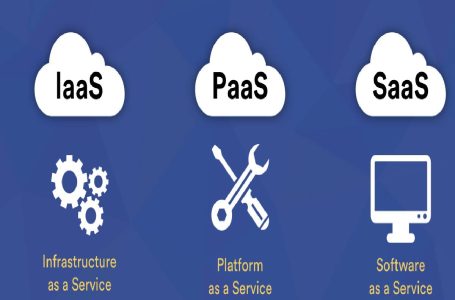Despite real estate being one of the most stable forms of investment, the market is fair from static. On the contrary, it is constantly in flux as new technologies crop up to make property management responsibilities easier. As a result, savvy investors that can leverage such innovations early on are more likely to save themselves stress and maximize their return. If you were to conduct research on your target market, you will find that most of them want the ease and comfort property technology provides. Thus, evolving in the real estate industry means keeping up with the trends. So stick around as we explore the big question, ‘what is property technology?
What is Property Technology
Property technology is the application of digital innovation to the real estate industry. It is the use of technological tools to optimize rental purchases, research, and communication. Known as proptech, its primary aim is to assist landlords and their tenants in property management. In other words, many of these innovations thrive with a balance of human interaction and technology.
There are several ways proptech can streamline tasks in real estate, including automating payments, reducing paperwork, and reaching a wider audience. As such, we can often classify property technology under one of the following parts:
- FinTech, which refers to digital technology that streamlines making and receiving payments.
- Smart Real Estate, that involves using innovative devices and gadgets to run your property efficiently.
- ConTech, that includes construction products that enhance building and presentation of homes.
How Has Technology Changed the Real Estate Industry
-
Smart Contracts
Smart contracts are similar to a lease agreement between a landlord and a tenant. The key difference is that this document exists on a secure blockchain which cannot be changed without permission from both parties. This solution is gaining more traction in the real estate industry because it eliminates the need for lawyers and their legal expenses.
In other words, it’s an excellent way for landlords to save money, especially when they have tech-savvy tenants that understand the document is as legally binding as a physical one. Besides, the process is a lot quicker than seeking legal counsel because there are up-to-date templates you can easily copy.
-
Online Payment
Another way to streamline your rental business is by implementing online payments. Using a secure platform tenants can transfer money from their accounts or online wallets to their landlords. As a result, it streamlines the whole process and removes significant burdens from both parties. It is such a convenient solution, many tenants expect their property owner to accept automated payments.
After all, it allows them to schedule recurring reminders or set up automated payments. Thus, it makes rent collection for landlords instant and consistent. Consequently, online transactions streamline property management operations, allowing property owners to carry out necessary tasks on time. For instance, if your tenant is late on their rent you might not be able to pay for utilities, wages, and repairs.
-
Improved Communications between Landlords-Tenants
Technology makes it possible to communicate with your tenants instantly. There are multiple mobile apps specifically designed to allow property owners and their renters to discuss important issues. These platforms make it easier to transmit information, especially for people that manage several texts or emails per day. However, when you centralize such communication, it gives tenants quick access to their property manager or landlord.
Besides, these apps also have other functions that might be useful to landlords. You can record rental payments, schedule maintenance, and track your other expenses.
-
Digital Marketing
Another way technology is revolutionizing the industry is with digital marketing. Most prospective tenants start their search for a suitable home online and stick to it. In other words, if you’re not on the online scene, you could be losing potential customers. One of the easiest ways to place your vacancies in front of the target audience is with rental listing sites.
Zillow, Avail, and Apartment.com are some of the most popular because they allow prospective tenants and homeowners to communicate. Besides these websites, you can also put your listing on social media. You can also use social media to establish a brand, and put out other content that could attract more tenants. That’s not to say traditional marketing is dead, but digital marketing undoubtedly expands your reach.
-
Virtual Tours
A virtual tour is a digital walkthrough of a house using a collection of photos, videos, and graphical simulations. It is one of the latest innovations in the housing market and allows landlords to showcase their homes without a physical meetup. Many property owners are now adopting VR because they’re a lot more convenient. Instead of organizing a house viewing for every prospective renter, you can send them the link for a virtual tour. This method allows you to cut back on physical viewings that are time and energy-consuming.
Further, VR tours are also cost-effective because you can reuse them. If you have several similar units, or a tenant decides to vacate the property, you can use the same video. Besides, it also extends your reach to applicants outside the state or country.
Conclusion
Property technology is creating a ripple in the real estate industry. As a result of its improved ease, it is transforming tenant expectations, while reducing landlords’ burdens. The key to owning a successful rental business now lies with leveraging these to optimize your property management, save you time, and maximize your returns.





